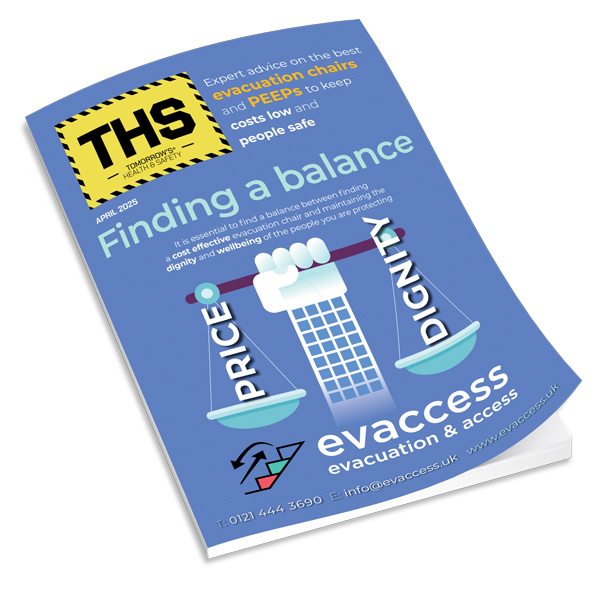Workplace reforms announced by the UK Government can help prevent “major issues” such as employees turning up for work too ill or tired, the Chartered body for safety and health professionals.
Employees on zero-hours contracts, ‘temps’ and ‘gig economy’ workers are set to benefit from the reforms. They will be entitled to a written statement of their rights to sick pay and paid leave from the first day of work.
The measures are set out in the Good Work Plan, in response to Matthew Taylor’s review of modern working practices. The Institution of Occupational Safety and Health (IOSH) believes they are a step in the right direction and is urging the Government to provide regular progress updates.
Richard Jones, Head of Policy and Public Affairs at IOSH, said: “An IOSH-commissioned survey last year revealed some major issues in that many workers were working when sick, doing unpaid overtime and going a whole year without paid holiday. This is unacceptable.
“These improved working arrangements can help relieve psychosocial risk and prevent presenteeism, which is when people turn up for work too ill or tried to work safely or productively. So the measures can benefit workers and businesses alike.
“All work should be good work, meaning work that’s safe, healthy and supportive and accommodates an individual’s needs. There can be no excuses. We hope to see regular updates on the progress with the Good Work Plan.”
Following Mr Taylor’s review of modern work last year, IOSH commissioned Opinium to survey 500 non-permanent workers.
The survey found that two-thirds were working without sick pay, more than two in five didn’t get paid holiday, and a quarter worked unpaid overtime. Many didn’t have access to occupational health support and nearly a half didn’t get a full induction process.






















